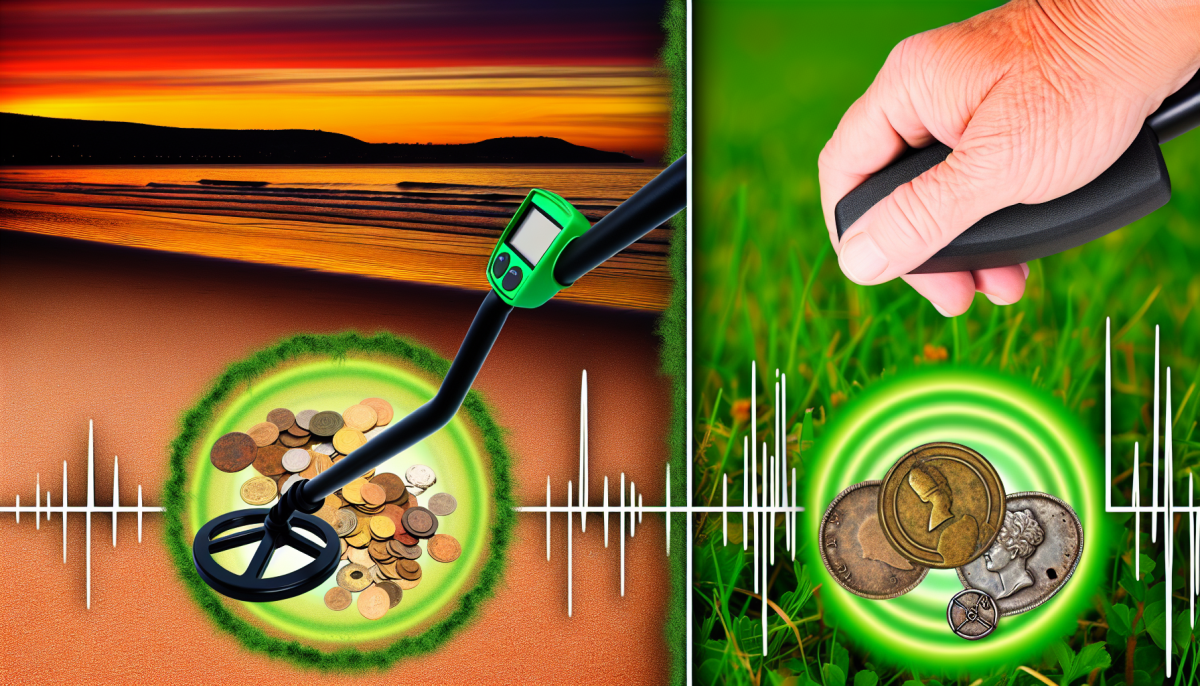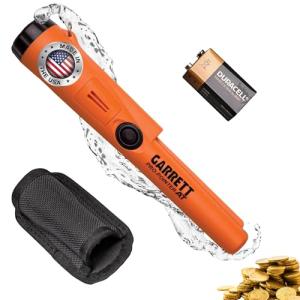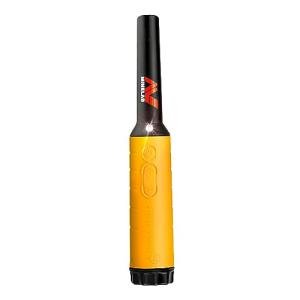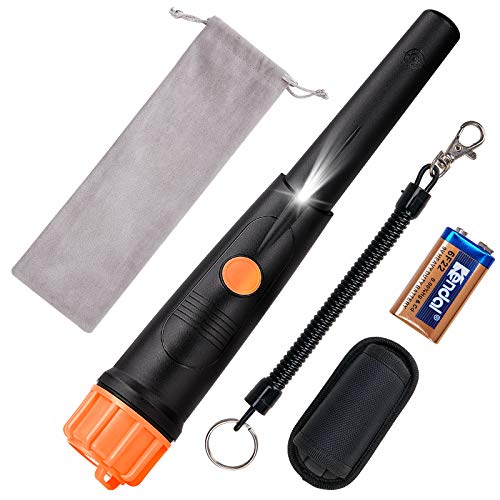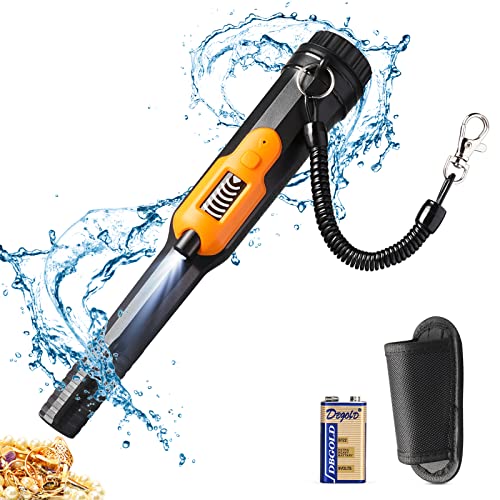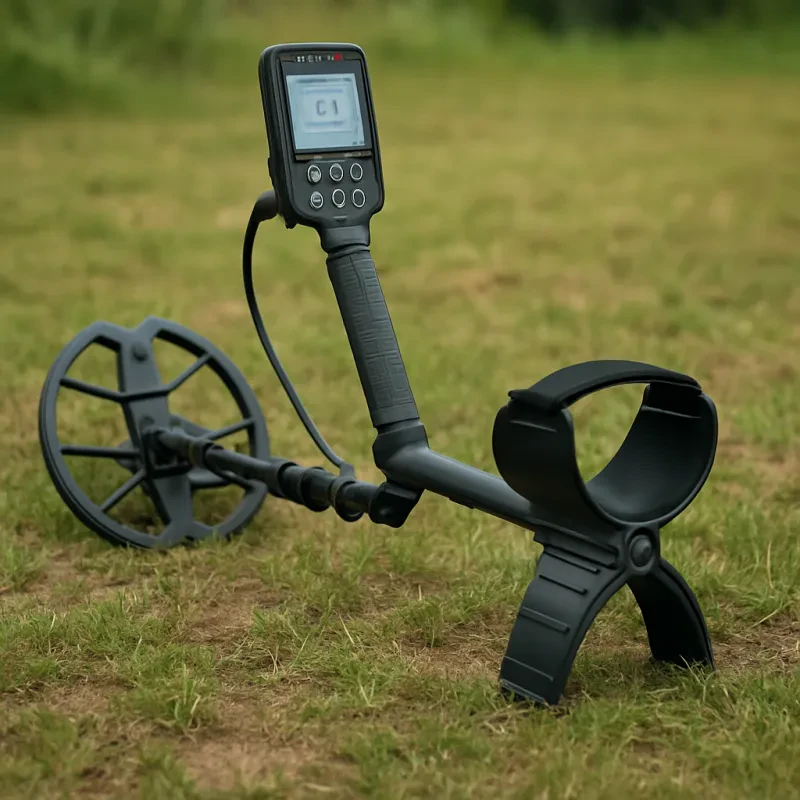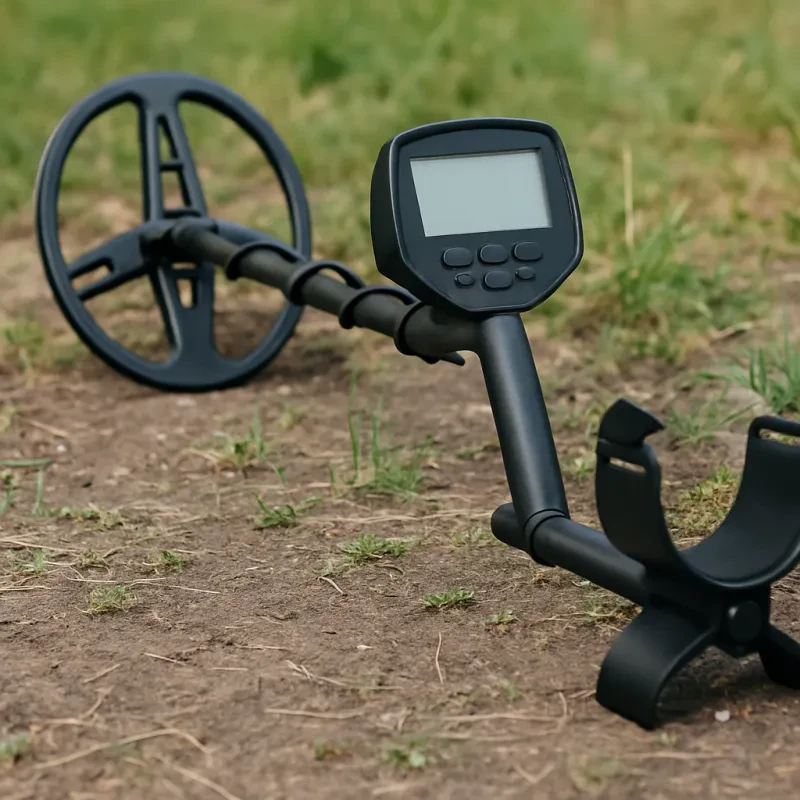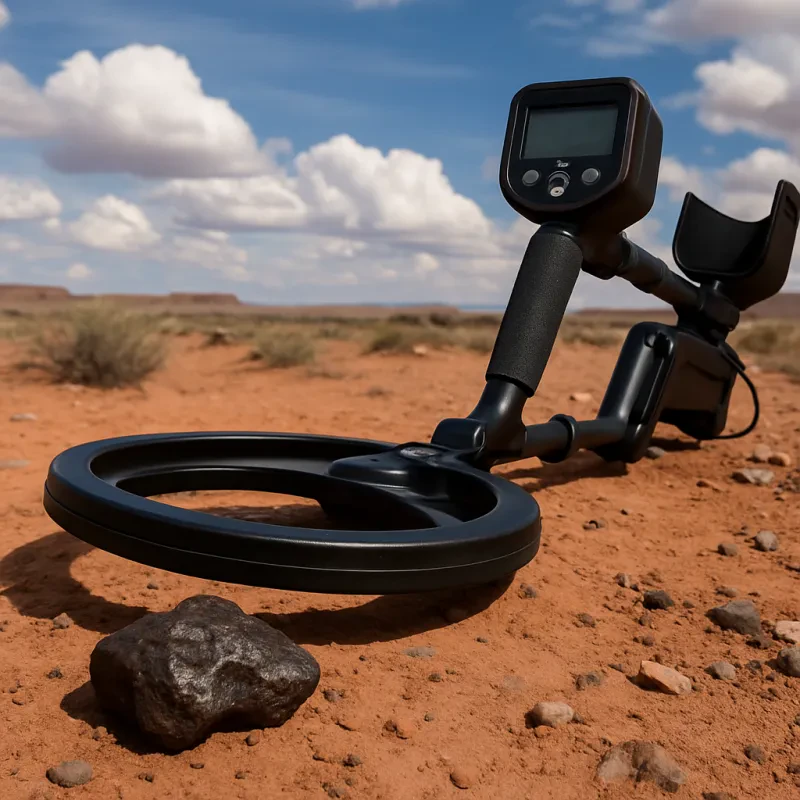When you're diving into the world of metal detecting, having the right equipment can make all the difference. First things first, you’ll need a reliable metal detector. Not all detectors are created equal, so consider your budget and what kind of detecting you’ll be doing. Are you hunting for coins on the beach or searching for artifacts in the woods? Different detectors excel in different environments.
Don’t forget about your digging tools! A good digging tool can save you a lot of time and effort. Look for a sturdy trowel or a hand shovel that’s easy to carry and can deal with various soil types. A pinpointer is another great tool; it helps pinpoint exactly where your find is buried, saving you from digging wide holes.
Comfort is key when you're out digging for hours, so make sure you invest in a good pair of headphones. Not only do they help you hear those subtle signals, but they also keep you focused and block out background noise. And don’t overlook the importance of a comfortable harness or strap for your detector; it can help reduce fatigue while you’re hunting.
Lastly, always carry a pouch or bag for your finds, as well as any trash you might pick up along the way. Responsible detecting means cleaning up after yourself. Following these basic rules on metal detecting will not only make your experience better but also enhance your chances of uncovering hidden treasures.
Know the Best Searching Techniques
When it comes to metal detecting, having the right searching techniques can make all the difference. Understanding the best methods will not only boost your chances of finding treasures but also enhance your overall experience. Here’s how you can up your metal detecting game.
First off, location is key. Before heading out, spend some time researching areas that are known for having metal items from the past. Parks, old homesteads, and beaches can all be treasure troves waiting to be explored. Make sure you check local regulations and permissions as some places may have rules on metal detecting.
Next, try the “grid search” technique. This involves dividing your searching area into sections and moving systematically through each section. Start at one corner and work your way across, taking your time to overlap your paths. This method ensures you don’t miss anything, making it one of the essential rules on metal detecting.
Lastly, don't forget to adjust your metal detector settings based on the environment. Different terrains may require different settings, like sensitivity adjustments to help filter out unwanted signals. Spend a little time getting familiar with your detector’s features—this knowledge can really pay off in the long run.
Respect the Rules of the Land
First off, always get permission before you start exploring private property. It’s the polite thing to do and helps you avoid any legal trouble. Some areas might have strict no-digging policies, so be sure to ask the property owner what’s okay.
Next, familiarize yourself with local laws and regulations. Different parks, beaches, and historical sites often have their own rules about metal detecting. Some places might require permits, while others are off-limits altogether. Don’t take the risk of losing your finds or facing fines.
Also, practice good digging etiquette. If you’re allowed to dig, make sure to leave the area as you found it. Fill in any holes and take your trash with you. This shows respect for the environment and helps keep metal detecting a welcomed hobby in your favorite spots.
Ultimately, following the rules on metal detecting means you can keep doing what you love without interruption. Keep your eyes open and respect the land, and you’re bound to have a great time hunting for treasures!
Keep Safety in Mind Always
When you're out metal detecting, safety should be at the top of your list. Just like any outdoor activity, being aware of your surroundings and following some basic guidelines can keep you and others safe while you hunt for treasures. Here are some important rules on metal detecting to keep in mind.
First off, always let someone know where you’re heading and when you plan to be back. It’s a simple way to ensure someone is keeping an eye out for you, especially if you’re exploring remote areas. Carry a charged phone with you, just in case you need to reach out or get help.
Another essential rule is to pay attention to your surroundings. Keep an eye out for potential hazards like wildlife, steep terrain, or even other people. If you’re in a public park or beach, be mindful of other visitors and try not to get in anyone’s way. You want to enjoy your hunt without causing problems for others!
Lastly, always have your digging tools and gear in good condition. Make sure your metal detector is functioning properly before you head out. Having the right tools can make a big difference in both your safety and your success while following the essential rules on metal detecting.
